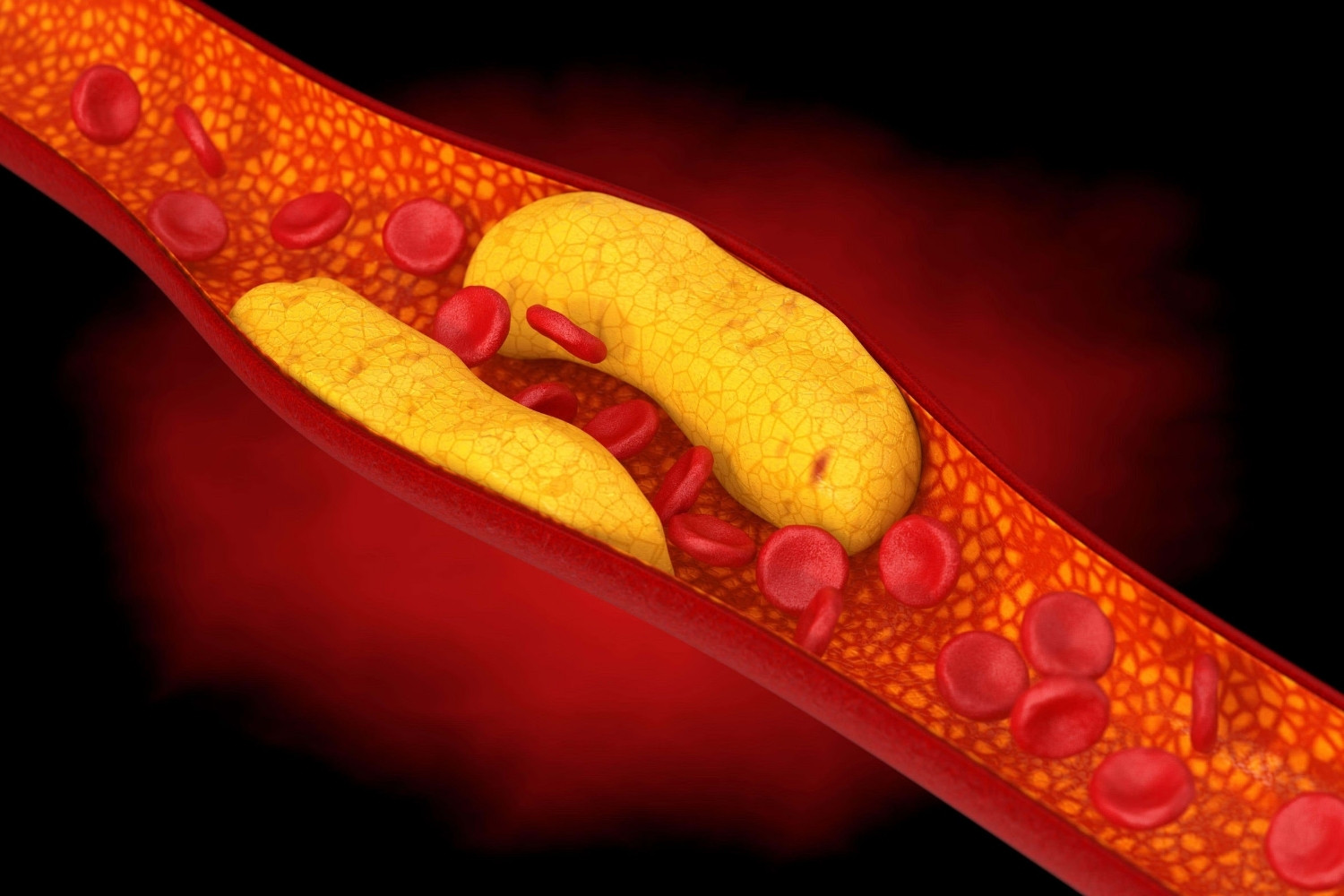
What is cholesterol? Cholesterol is a waxy, fat-like substance found in every cell of your body. Why is it important? It helps build cell membranes, produce hormones, and make vitamin D. However, too much cholesterol can lead to health problems. What are the types of cholesterol? There are two main types: LDL (low-density lipoprotein) and HDL (high-density lipoprotein). Why should you care? High levels of LDL can cause plaque buildup in arteries, leading to heart disease and stroke. How can you manage it? Eating a balanced diet, exercising regularly, and avoiding smoking can help maintain healthy cholesterol levels. Want to know more? Keep reading to discover 31 essential facts about cholesterol that can help you take control of your health.
What is Cholesterol?
Cholesterol often gets a bad rap, but it plays a crucial role in our bodies. This waxy substance is found in every cell and is vital for producing hormones, vitamin D, and substances that help digest foods.
- Cholesterol is essential for producing hormones like estrogen, testosterone, and cortisol.
- The liver produces about 75% of the cholesterol in your body. The rest comes from the food you eat.
- Cholesterol helps form cell membranes, giving them the necessary structure and fluidity.
- Vitamin D synthesis relies on cholesterol. Without it, your body can't produce this important vitamin.
- Bile acids, which aid in digestion, are made from cholesterol.
Types of Cholesterol
Not all cholesterol is created equal. There are different types, each with its own role and impact on health.
- Low-density lipoprotein (LDL) is often called "bad" cholesterol because high levels can lead to plaque buildup in arteries.
- High-density lipoprotein (HDL) is known as "good" cholesterol. It helps remove LDL cholesterol from the bloodstream.
- Very low-density lipoprotein (VLDL) carries triglycerides and is considered a type of "bad" cholesterol.
- Triglycerides are another type of fat in the blood. High levels can increase the risk of heart disease.
- Lipoprotein(a) is a genetic variation of LDL. High levels can also increase heart disease risk.
Cholesterol and Diet
Your diet can significantly impact cholesterol levels. Knowing what to eat and what to avoid can help manage these levels effectively.
- Saturated fats raise LDL cholesterol. Foods like red meat, butter, and cheese are high in saturated fats.
- Trans fats are even worse. Found in many processed foods, they can increase LDL and lower HDL cholesterol.
- Soluble fiber helps reduce cholesterol. Foods like oats, beans, and lentils are excellent sources.
- Omega-3 fatty acids lower triglycerides. Fatty fish like salmon and mackerel are rich in omega-3s.
- Plant sterols and stanols block cholesterol absorption. They are found in fortified foods like margarine and orange juice.
Cholesterol and Health
High cholesterol levels can lead to various health issues, but understanding these risks can help in prevention and management.
- High cholesterol is a major risk factor for heart disease and stroke.
- Atherosclerosis is the buildup of plaque in arteries, often caused by high LDL cholesterol.
- Peripheral artery disease (PAD) occurs when plaque builds up in the arteries of the legs.
- High cholesterol can lead to heart attacks by blocking blood flow to the heart.
- Stroke risk increases with high cholesterol due to potential blockages in blood vessels leading to the brain.
Managing Cholesterol
Managing cholesterol involves a combination of lifestyle changes and, sometimes, medication. Here are some effective strategies.
- Regular exercise can lower LDL and raise HDL. Aim for at least 30 minutes of moderate exercise most days.
- Quitting smoking improves HDL levels and benefits overall heart health.
- Limiting alcohol intake can help manage cholesterol levels. Excessive drinking can raise triglycerides.
- Medications like statins are often prescribed to help lower LDL cholesterol.
- Regular cholesterol screenings are crucial for early detection and management.
Myths and Misconceptions
There are many myths surrounding cholesterol. Clearing up these misconceptions can lead to better health choices.
- Not all cholesterol is bad. HDL cholesterol is beneficial and necessary for health.
- Skinny people can have high cholesterol. It's not just a problem for those who are overweight.
- Cholesterol levels can be high even with a healthy diet due to genetic factors.
- Eggs are not the enemy. They contain cholesterol but don't significantly impact blood cholesterol for most people.
- Children can have high cholesterol. It's not just an adult issue; kids can be affected too.
Fun Facts About Cholesterol
Cholesterol isn't all doom and gloom. Here are some interesting tidbits you might not know.
- Cholesterol is crucial for brain function. It helps form synapses, which are essential for learning and memory.
Final Thoughts on Cholesterol
Cholesterol isn't all bad. Your body needs it for building cells and producing hormones. However, too much of the wrong kind can lead to serious health issues like heart disease. Balancing your diet, exercising regularly, and getting your cholesterol levels checked can help manage it effectively. Remember, HDL is the "good" cholesterol that helps remove LDL, the "bad" cholesterol, from your bloodstream. Simple lifestyle changes, like eating more fruits and vegetables, can make a big difference. Medications might be necessary for some, but natural methods often work wonders. Stay informed, make healthier choices, and don't hesitate to consult a healthcare professional for personalized advice. Taking control of your cholesterol is a step towards a healthier, longer life.
Was this page helpful?
Our commitment to delivering trustworthy and engaging content is at the heart of what we do. Each fact on our site is contributed by real users like you, bringing a wealth of diverse insights and information. To ensure the highest standards of accuracy and reliability, our dedicated editors meticulously review each submission. This process guarantees that the facts we share are not only fascinating but also credible. Trust in our commitment to quality and authenticity as you explore and learn with us.
